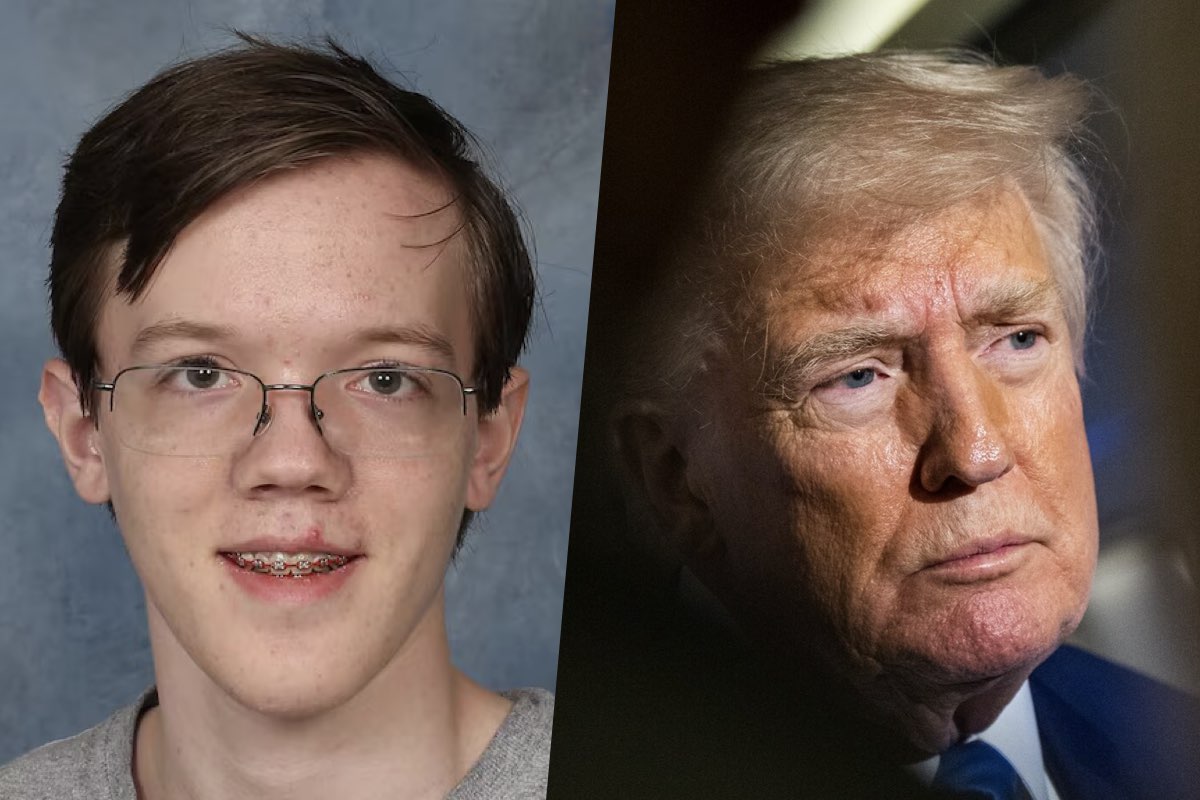
Why a Vote for Trump Can Be Morally Right
20 October 2020
2.1 MINS
This post is really for Christians who are conservative but who believe that voting for Trump is wrong.
A common Christian argument against voting for Trump is that Christians should not buy into a ‘means justifies the ends’ morality. In other words, Christians should not vote for Trump because that would be doing something evil in order to achieve something good. This argument strikes me as being quite close to circular reasoning: it’s wrong to vote for Trump because voting for Trump is wrong. At the very least, the person who makes the argument needs to justify why voting for Trump is wrong in the first place. I sincerely believe they have a lot to work with, to be honest. But I also think those who are pro-Trump have more in their favour, all things considered.
But my position is that whether a vote is wrong or not depends on a whole bunch of things, and only after we consider these things can we say that a vote is right or wrong. Furthermore, the complexity of the factors is such that I can imagine two people coming to two different but quite reasonable conclusions. In other words, I fully accept that someone could reasonably say that voting for Trump is wrong.
My point is that that person should also be able to see how someone could come to a different position and still be reasonable. Let me be clear though: just because I think someone is reasonable doesn’t mean that I think they are right. I think someone can be reasonable and still be wrong. This is especially the case for people who would consider themselves conservative Christians but also NeverTrumpers. In all sincerity I believe that they are wrong, however reasonable.
What determines whether a vote for Trump is right or not? The following are in no particular order, and are probably not of equal weight. Here they are:
- Policies of candidate and party
- Likelihood that the candidate can pursue the policy agenda
- Character of the candidate
- Track record of the candidate in fulfilling promises when s/he is able to fulfil them
- Broader impact that a candidate will have on society as whole
- Party/policies likely to prevail if said candidate is NOT elected — i.e. the alternative
No doubt there are others, and each point can be broken down into many sub and sub-sub points.
My point is that prior to considering these factors, we can’t determine whether or not voting for a candidate is good or bad. Furthermore, taking one — say, character — and making it everything runs the risk of voting for someone who is nice but incompetent or seriously detrimental; or not voting for someone who is immoral but in many ways very good in other respects — policy, for example.
So the next time someone tells you that voting for Trump is bad because you shouldn’t do evil that good might obtain, just say that because you have considered the above factors, you don’t actually think that voting for Trump is bad. They will probably focus on one of his failings — personality or dealing with Covid-19 will be the most popular — and at that point you can have a discussion over those issues.
[Photo: BigStock]Recent Articles:
19 November 2025
3.3 MINS
Thomas Crooks, who attempted the assassination of President Donald Trump in 2024, had a sprawling digital footprint of violent threats, a furry fetish, and they/them pronouns, all of which the FBI ignored, according to a bombshell New York Times report.
18 November 2025
3.4 MINS
The UK Health Security Agency argued the COVID-19 injection death data is better hidden from the public lest it cause distress, anger, misinformation or vaccine hesitancy.
18 November 2025
9.4 MINS
Contrasting Ben Shapiro’s principled realism with Tucker Carlson’s conspiratorial lens, this essay reveals how the right’s embrace of exposure over conviction threatens conservatism’s moral foundation and the culture of truth.
18 November 2025
3.4 MINS
South Korea’s crackdown on conservatives and Christians intensifies as former leaders are arrested, raising alarms that the country’s democracy is sliding toward authoritarianism under President Lee Jae-myung.
17 November 2025
2.7 MINS
Atheist Patrick John Lee wins a landmark UK tribunal ruling, defending his fact-based criticisms of Islam and free speech against professional sanctions over 84 tweets.
17 November 2025
4.6 MINS
Osiris Puerto Terry survived a brutal police shooting during Cuba’s 2021 protests. Now in exile, he fights for justice, exposing the regime’s decades-long repression of his family and dreams.
17 November 2025
5.4 MINS
Kevin Roberts’ handling of Tucker Carlson’s interview with Holocaust-denier Nick Fuentes reveals a crisis of moral leadership at the Heritage Foundation, exposing timidity, compromised judgement, and the erosion of principled conservatism.


















































